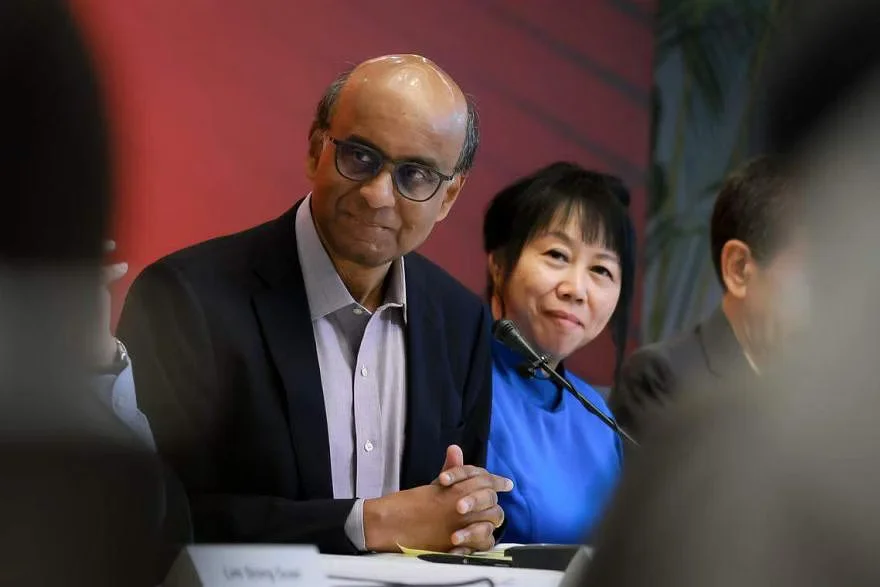Singaporeans have chosen Tharman Shanmugaratnam as their next president in a historic election, but the move has left many with mixed feelings. Tharman, a former top minister, won a decisive victory with 70.4% of the votes in Singapore’s first contested presidential election in over a decade. While Tharman is highly respected and considered one of Singapore’s most popular politicians, his decision to run for the largely ceremonial role has raised questions about his potential in more influential positions.
Tharman’s popularity is well-founded, given his urbane and intelligent demeanor. He has held key positions in Singapore’s political leadership, serving as finance minister and deputy prime minister. Moreover, he has held prominent roles in international institutions like the United Nations and the International Monetary Fund (IMF). At one point, he was even considered a potential head of the IMF. Many Singaporeans had hoped that if he left the ruling People’s Action Party (PAP), he would make his mark on the global stage.
However, the role of the Singaporean president is primarily symbolic, with little power to influence public affairs. While some might consider it fitting for a mild-mannered figurehead, Tharman’s capabilities far exceed those of a ceremonial role. He has been praised for his gentlemanly and statesmanlike image, making him one of the country’s most respected politicians. This popularity led some to believe that he could be Singapore’s first non-Chinese prime minister, breaking a longstanding racial barrier.
The issue of race has been a contentious one in Singapore’s politics. The PAP has consistently stated that the country is not ready for a minority prime minister in a predominantly Chinese-majority nation. Tharman had refrained from commenting on this topic until recently when he stated that Singapore was ready for a minority prime minister, disappointing some of his supporters.
Tharman’s victory as a minority race candidate elected by the public is seen as a positive step for race relations in Singapore. It challenges the notion that only Chinese leaders are acceptable to the electorate. Notably, the rules that restricted presidential candidates to minority races did not apply in this election.
Despite his personal popularity and historic victory, Tharman’s election has raised questions about the influence of the ruling PAP. Many see him as a government-backed candidate, and his close association with the PAP has led to concerns about the transparency of the election process. Some have criticized the opaque and restrictive criteria for presidential candidates.
Tharman’s campaign pledge to promote “respect for all” and “respect for different views and political leanings” will be closely scrutinized as he assumes the presidency. He enters a role perceived as upholding the PAP’s power in the country’s political landscape. While his victory is a historic moment, it remains to be seen how Tharman will navigate the limitations of the presidency and address concerns about political influence in the election process.




